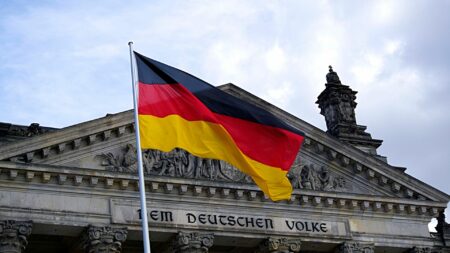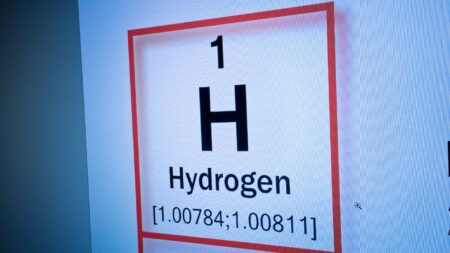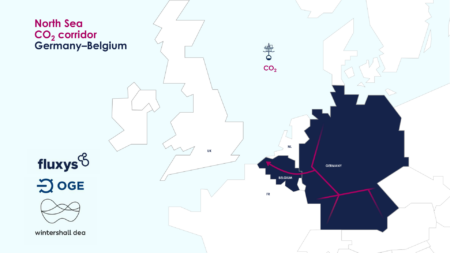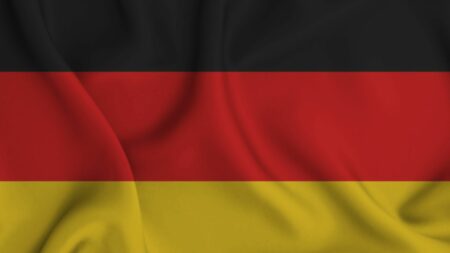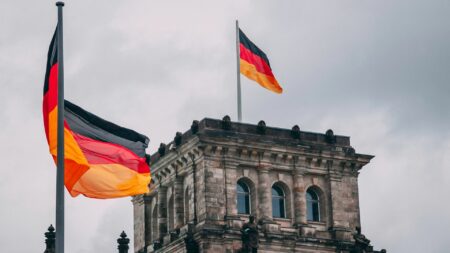German federal government has taken a significant step towards shaping the future of green hydrogen and synthetic fuels. With the amendment to the 37th Ordinance implementing the Federal Immission Control Act (37th BImSchV), the government has laid down precise specifications for the production of green hydrogen and e-fuels.
Browsing: Germany
Hy2gen Germany has acquired kiwi AG. This strategic move not only marks Hy2gen’s entry into the German market but also positions the company to harness the technical prowess of kiwi AG in the production of renewable hydrogen and its derivatives.
TÜV NORD energy expert Silvio Konrad anticipates significant strides towards climate-neutral industrial production in Germany in 2024.
During the recent visit of the Belgian Royal Couple to Germany, three energy giants – Fluxys, OGE, and Wintershall Dea – inked cooperation agreement, ushering in a new era of cross-border collaboration in the realm of clean energy.
Lhyfe, a trailblazer in green and renewable hydrogen production in Europe, is set to embark on a groundbreaking venture in Lubmin, Germany.
Amid the global fervor for hydrogen as the fuel of the future, Germany finds itself at a crossroads as the federal government grapples with a budget crisis, leaving the fate of several hydrogen projects hanging in the balance.
In a visionary move, the city of Nuremberg in Germany is setting its sights on becoming a pivotal hub for green hydrogen technology.
The ambitious hydrogen technology expansion in Baden-Württemberg faces a perilous future following the Federal Constitutional Court’s budget ruling.
Airbus, the global aircraft manufacturing giant, announced plans to expand its production significantly in Germany. The company aims to build 75 A320 family aircraft every month by 2026, with a particular focus on A321neo and the long-haul version A321XLR.
In a pivotal federal-state meeting led by Economics Minister Robert Habeck, discussions surrounding the ramifications of the budget crisis failed to yield concrete results on Monday. As the clock ticks, Mecklenburg-Western Pomerania’s Economics Minister Reinhard Meyer anticipates a decisive resolution before Christmas.


